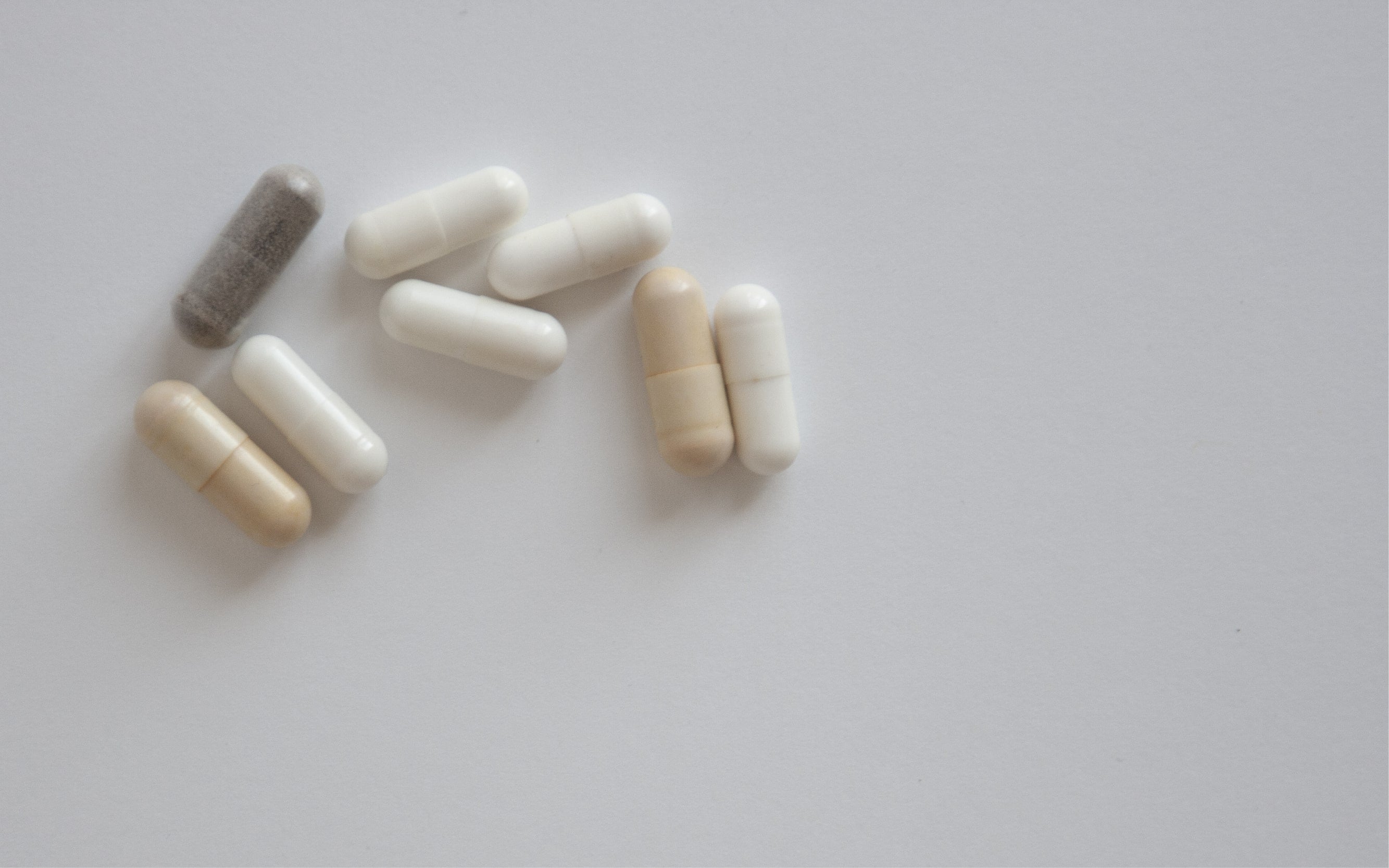
Adaptogens: your vitamins against stress.
What are adaptogens?
They are a set of natural substances that stimulate our defense against the effects that occur at the cellular level when we are exposed to different forms of stress.
They are metabolic regulators that increase an organism's ability to adapt to environmental stress factors and, thus, prevent the damage they can cause to our body.
Adaptogens thus increase your resistance to stress and decrease your sensitivity to stressors so that their consequences on your well-being are as minimal as possible. They exert this beneficial effect thanks to the ability of these compounds to act by reinforcing our internal defenses responsible for compensating for the bodily alterations that occur in response to a stressful stimulus that acts on our body in a chronic manner, such as: work, personal conflicts, pollution, hormonal disruptions or illness. The main property of adaptogens is that they help the body to “help itself.”
What are adaptogens used for?
A healthy body maintains a balance between resource consumption and availability, known as homeostasis, which is essential for life. In situations of stress, processes in the brain, specifically in the hypothalamus-pituitary-adrenal (HPA) axis, are activated to meet the increasing demand for resources.
Normally, if stress does not overwhelm our defenses, the balance is restored at a higher level of activity. However, chronic stress can overwhelm these mechanisms, where adaptogens play a crucial role.
Adaptogens strengthen the body's ability to adapt to environmental, emotional and physical stressors, helping to restore internal balance.
They achieve this by stimulating the release of neuropeptide Y (NPY), which reduces the stress response, and promoting the synthesis of heat shock proteins (Hsp), which protect cells from damage associated with chronic stress.
Adaptogens not only offer specific therapeutic effects in stress-related disorders, but may also improve quality of life when used as adjuncts in standard therapy for various chronic diseases and pathological conditions, such as post-surgical recovery, asthenia, congestive heart failure, etc.
Furthermore, they could have potential use in age-related disorders such as neurodegenerative and cardiovascular diseases.

Types of adaptogens that can help you manage stress
REISHI
It has a regulatory effect on the central nervous system, reducing neuronal hyperactivation. Thanks to a terpenoid present in it: ganoderic acid. In addition, beta-glucans are able to optimize the immune response against infections.
Ganoderic acids also act as antioxidants to reduce oxidative stress and rebuild damaged tissues, improving pain and inflammation.
ELEUTEROCOCCUS
Eleutherococcus may help regulate the activity of the HPA axis, which is the body's central stress response system. By influencing this axis, Eleutherococcus may help normalize levels of cortisol and other stress hormones (adrenaline and noradrenaline), which see their normal secretion rhythms altered as a result of chronic stress.
Furthermore, this adaptogen has also been associated with an increase in physical endurance by improving VO2max (a key indicator of aerobic capacity and the efficiency with which the body can supply and use oxygen during physical activity), allowing the body to better handle stressful situations and therefore reducing associated fatigue.
Eleuthero may also have some benefits for the immune system, especially in reducing exercise-induced immunosuppression.
SCHISANDRA
Schisandra chinensis is a medicinal plant used in traditional Chinese medicine for a variety of purposes, including stress management. Current scientific evidence suggests that Schisandra may have several beneficial effects on stress response and adaptogenic function due to its bioactive components, such as schisandrin lignans.
It has been observed that Schisandra can help modulate the excess activation of the HPA axis, preventing a loss of the normal cortisol rhythm that causes chronically high levels of cortisol, without the drops necessary for rest or the peaks necessary to have energy during the day. All this allows Schisandra to improve physical and mental resistance in periods of stress.
In addition, Schisandra possesses potent antioxidant properties, which may help protect cells from damage caused by oxidative stress. Oxidative stress increases during periods of chronic stress, and antioxidants may play a crucial role in mitigating this damage.
This is important because, while chronic stress causes cortisol (as well as corticosteroids) to be anti-inflammatory in an acute manner, when this stress is chronic and generates a chronic increase in cortisol levels, it can lead to a “resistance” to cortisol. This means that the body does not respond adequately to cortisol, which can result in chronic inflammation and immune dysregulation.
In addition, chronic stress can alter the balance between pro-inflammatory and anti-inflammatory cytokines by virtue of the pro-inflammatory ones. That is why in a state of chronic stress we tend to be more susceptible to infections and anti-inflammatory situations.
Find these adaptogens in Stress OFF , designed to help your body manage daily stress and promote overall well-being. This unique formula combines reishi, eleutherococcus and schisandra, ingredients used in traditional medicine for their beneficial properties.












